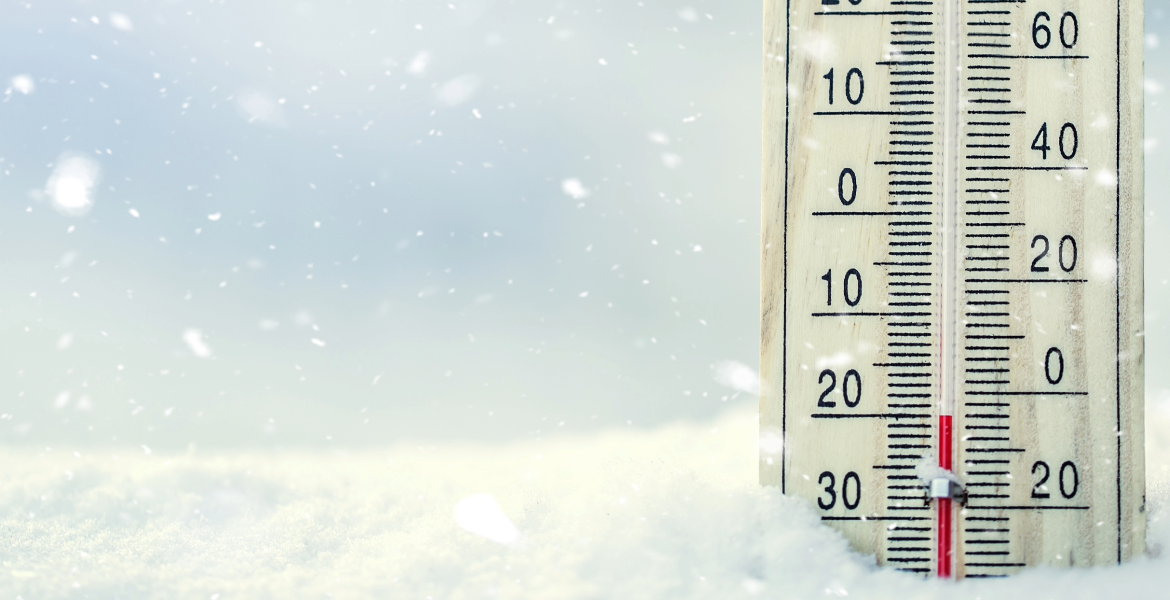Frozen lines, cracked pipes, and compressors that just won’t start – harsh winter weather makes air compressor cold weather maintenance a must this time of year. To ensure your equipment runs efficiently and avoid costly breakdowns, it’s crucial to keep most air compressor components above 40º F as we approach the coldest months of the year. Here’s a checklist to help you winterize your system and perform essential maintenance to safeguard your investment.
Check the Condition of Weather Stripping:
Inspect all weather stripping on your equipment and replace any sections that show signs of wear and tear or aren’t functioning correctly. Proper weather stripping helps maintain the temperature inside your system.
Examine Condensate Drains:
Condensate drains play a vital role in removing moisture from your compressed air system. In cold weather, damaged or obstructed drains can lead to freezing and potentially result in clogged pipes and compressor malfunctions.
Insulate Exposed Components:
For air compressor parts exposed to the cold, adequate insulation is essential to retain heat and keep the cold at bay. Consider installing heat trace tape on any exposed areas to prevent freezing.
Regularly Inspect Air Intake Openings:
During winter, it’s crucial to regularly inspect the air compressor intake. If the intake is exposed to wintry conditions, it can easily become damaged by snow, rain, and ice.
Safeguard Compressed Air Receivers:
Condensate that accumulates at the bottom of a receiver tank can freeze and disrupt the system. Ensure all external pipes feeding the tank and the tank’s condensate drain are well-insulated and functioning correctly.
Replace Aging Air Dryer and Compressed Air Filters:
Similar to condensate drains, filters are essential for removing condensate from your compressed air system to prevent freezing. Regular maintenance and replacement of old or damaged filters are critical when operating in cold temperatures.
Shield Outdoor Equipment with External Heat Sources:
If your compressed air equipment needs to remain outdoors during the cold season, take measures to protect it from freezing conditions. Utilize floodlights or heat lamps to prevent controls from freezing and shield your equipment from harsh winds.
If you need assistance with winterizing your system, require service, or are experiencing problematic compressor performance, our experienced service team is here to help. Contact Harris to discuss your compressed air needs and explore how we can ensure your operation runs smoothly throughout the year, regardless of the weather.

